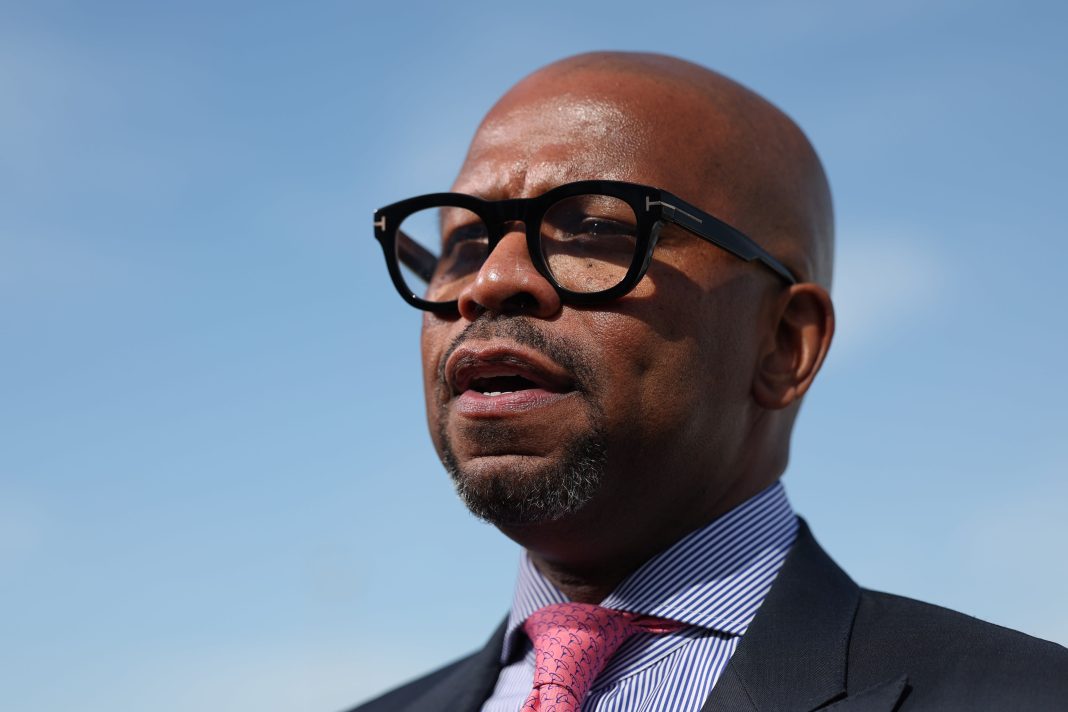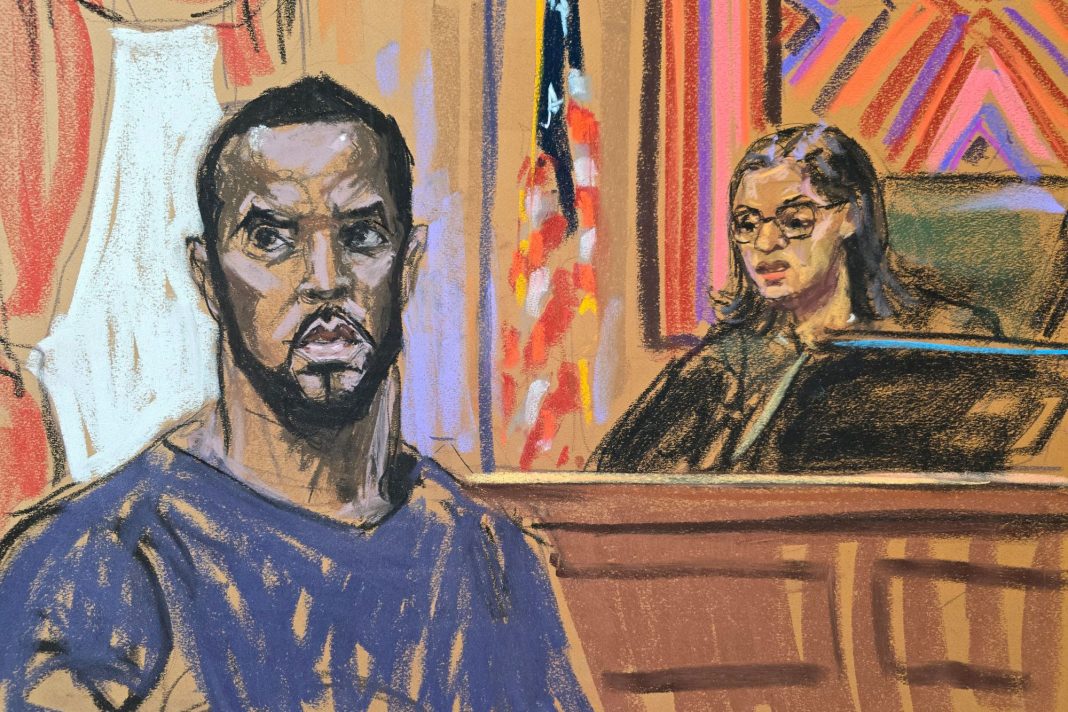In a significant legal showdown, Brazil’s Supreme Court has imposed a hefty fine of over $921,000 on Elon Musk’s social media platform, X, for defying a court order that mandated the suspension of its operations within the country. The ruling, handed down by Justice Alexandre de Moraes on September 18, underscores the escalating tensions between the Brazilian government and the platform, which has been accused of disseminating harmful content and misinformation.
The roots of this conflict can be traced back to an order issued on August 30, which explicitly prohibited X from operating in Brazil. However, in a twist of fate, a recent update to X’s communications network inadvertently restored access to Brazilian users, prompting the court to act. X’s Global Affairs team explained that the restoration was a temporary glitch caused by a change in network providers, stating, “When X was shut down in Brazil, our infrastructure to provide service to Latin America was no longer accessible to our team.” They further reassured that this access would soon be curtailed as they sought to comply with Brazilian regulations.
Despite these claims, Justice de Moraes was not convinced by X’s explanations. He accused the platform of “willful, illegal, and persistent noncompliance” with court orders, referencing a post by Musk that read, “Any sufficiently advanced magic is indistinguishable from technology.” This statement was interpreted by the court as an admission of defiance against the Brazilian justice system, leading de Moraes to assert that he had “no doubt” X intended to continue its disregard for legal mandates.
The backdrop of this dispute is the Brazilian government’s growing concern over the spread of misinformation, particularly in the context of political discourse. Musk has publicly criticized the suspension, framing it as a form of censorship, a sentiment echoed by X’s Global Affairs team. On August 29, they anticipated the court’s actions, suggesting that the ban was a reaction to X’s refusal to comply with orders to censor political opponents.
This situation is further complicated by the involvement of Starlink, Musk’s satellite internet service, which Justice de Moraes indicated could also bear financial responsibility due to its affiliation with X. The Brazilian Association of Internet and Telecommunications Providers noted that the recent update had rerouted some users through third-party cloud services based outside Brazil, allowing them to bypass restrictions without using a virtual private network (VPN).
Brazil’s telecom regulator, Anatel, is now tasked with enforcing the court’s ruling, indicating that it will take steps to block access to X once more. This aligns Brazil with a list of countries, including China, Russia, and Iran, where the platform faces similar bans. The implications of this legal ruling extend beyond X and Musk; it raises critical questions about free speech and censorship in the digital age.
Legal advocacy groups, such as the Alliance Defending Freedom International (ADF), have voiced concerns that Brazil is fostering a culture of censorship that could reverberate throughout the Western Hemisphere. Jeremy Tedesco, the group’s senior vice president of corporate engagement, stated, “Heavy-handed government censors will use whatever tool [is] at their disposal to chill speech—and as Brazil shows us that includes fining people for using VPNs to access disfavored platforms.”
As this saga unfolds, it serves as a stark reminder of the delicate balance between regulating online platforms and safeguarding freedom of expression. The question remains: how far will governments go to enforce compliance, and at what cost to the principles of free speech? For now, X’s future in Brazil hangs in the balance, as both the platform and its users navigate a rapidly evolving landscape of digital governance.

